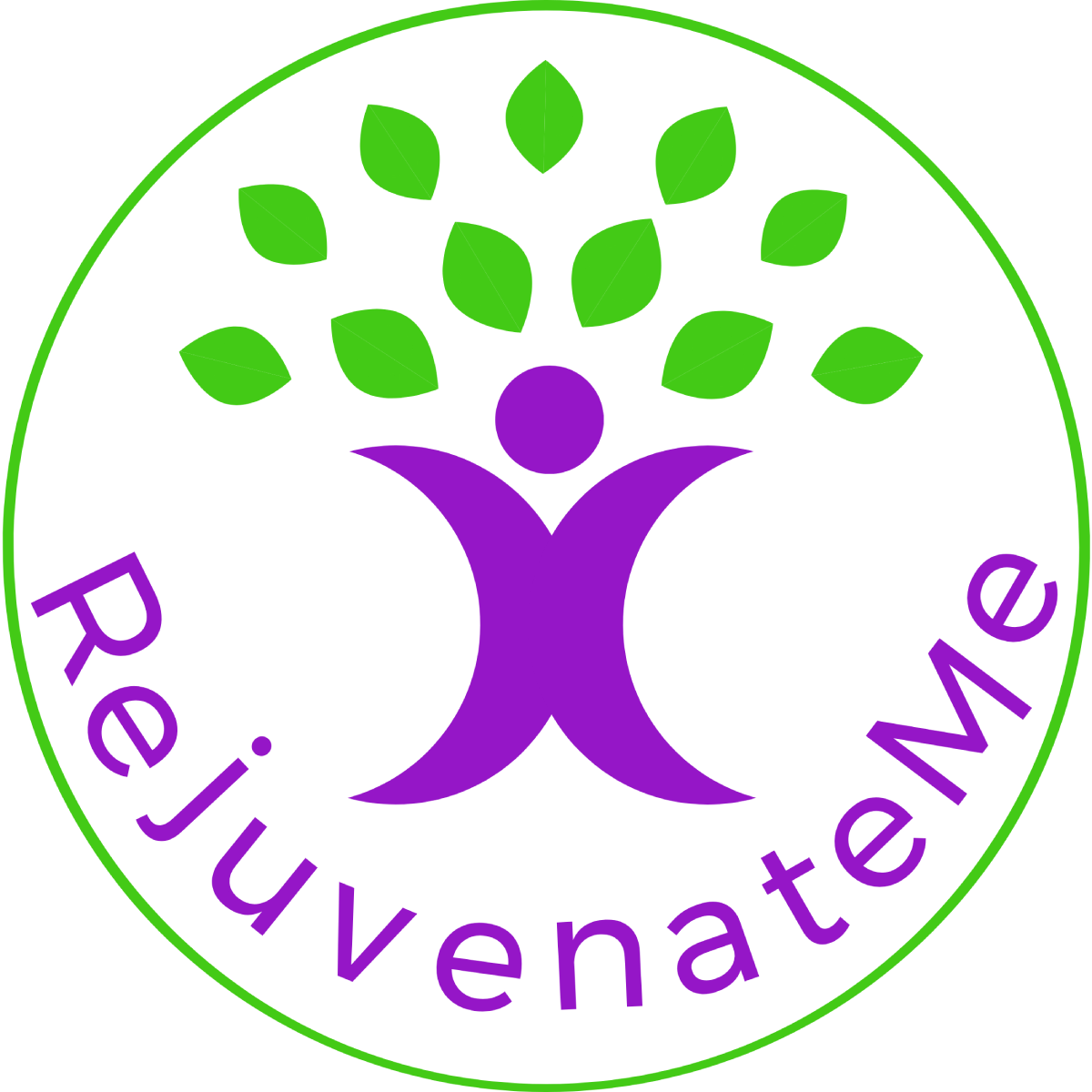Acupuncture
Overview
Acupuncture involves the insertion of very thin needles through your skin at strategic points on your body. A key component of traditional Chinese medicine, acupuncture is most commonly used to treat pain. Increasingly, it is being used for overall wellness, including stress management.
Traditional Chinese medicine explains acupuncture as a technique for balancing the flow of energy or life force — known as chi or qi (chee) — believed to flow through pathways (meridians) in your body. By inserting needles into specific points along these meridians, acupuncture practitioners believe that your energy flow will re-balance.
In contrast, many Western practitioners view the acupuncture points as places to stimulate nerves, muscles and connective tissue. Some believe that this stimulation boosts your body’s natural painkillers.
How does acupuncture affect the body?
Acupuncture points are believed to stimulate the central nervous system. This, in turn, releases chemicals into the muscles, spinal cord, and brain. These biochemical changes may stimulate the body’s natural healing abilities and promote physical and emotional well-being.
National Institutes of Health (NIH) studies have shown that acupuncture is an effective treatment alone or in combination with conventional therapies to treat the following:
– Nausea caused by surgical anesthesia and cancer chemotherapy
– Dental pain after surgery
– Addiction
– Headaches
– Menstrual cramps
– Tennis elbow
– Fibromyalgia
– Myofascial pain
– Osteoarthritis
– Low back pain
– Carpal tunnel syndrome
– Asthma
It may also help with stroke rehabilitation.
What conditions may benefit from acupuncture?
Many Americans seek acupuncture treatment for relief of chronic pain, such as arthritis or low back pain. Acupuncture, however, has expanded uses in other parts of the world. Before considering acupuncture, talk to your doctor. Conditions that may benefit from acupuncture include the following:
Digestive
– Gastritis
– Irritable bowel syndrome
– Hepatitis
– Hemorrhoids
Emotional
– Anxiety
– Depression
– Insomnia
– Nervousness
– Neurosis
Eye-Ear-Throat
– Rhinitis
– Sinusitis
– Sore throat
Gynecological
– Menstrual pain
– Infertility
Musculoskeletal
– Arthritis
– Back pain
– Muscle cramping
– Muscle pain and weakness
– Neck pain
– Sciatica
Neurological
– Headaches
– Migraines
– Neurogenic bladder dysfunction
– Parkinson’s disease
– Postoperative pain
– Stroke
Respiratory
– Allergic rhinitis
– Sinusitis
– Bronchitis
Miscellaneous
– Irritable bladder
– Prostatitis
– Male infertility
– Some forms of impotence
– Addiction
for more information and current promotions
